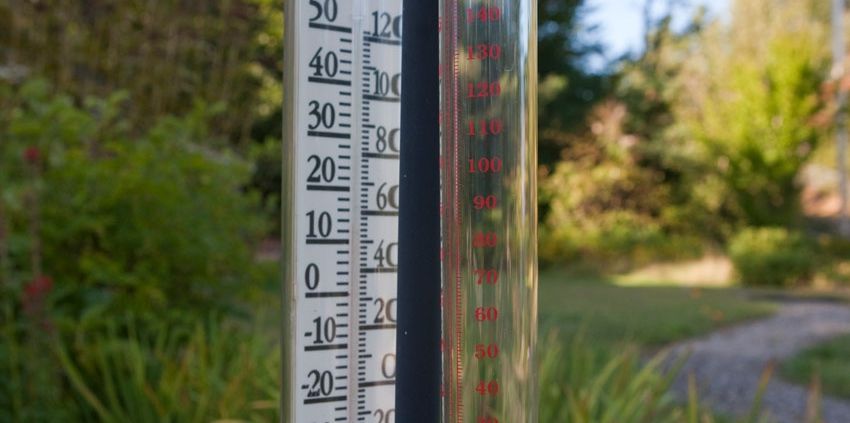Students in Chile measure the quality of the air… By programming!
Today we’re reporting on an original teaching experiment that’s taking place in Chile –to be precise, in the commune of Quilicura, in the Santiago metropolitan region–. One hundred pupils from different years at the Juan Luis Undurraga School are in charge of measuring the quality of the air in their commune.
This project, funded by Google and implemented by Fundación Chile, the Centre for Climate and Resilience Research at the University of Chile and the Fundación Ciencia Ciudadana, takes a multidisciplinary approach, combining various subjects like mathematics, chemistry and technology.
With this initiative, pupils can use a series of programmable devices to measure different atmospheric variables such as temperature or humidity, monitor conditions and subsequently analyze the data to paint a picture of the pollution in our surroundings.
But so that all this work reaches the local community rather than staying within the four walls of the school, the pupils will organize in environmental brigades that will announce the results obtained to locals via a web site, graphic displays, etc.
This type of active methodology favors motivation and significative learning, as it lets participants get involved in the project from the start, identifying the community’s problems and finding solutions for them.
What’s more, pupils develop socio-emotional skills, work as a team and become active subjects aware that they can change the reality surrounding them.
We hope their example will be followed in other places and that interesting initiatives like this one continue to emerge.





